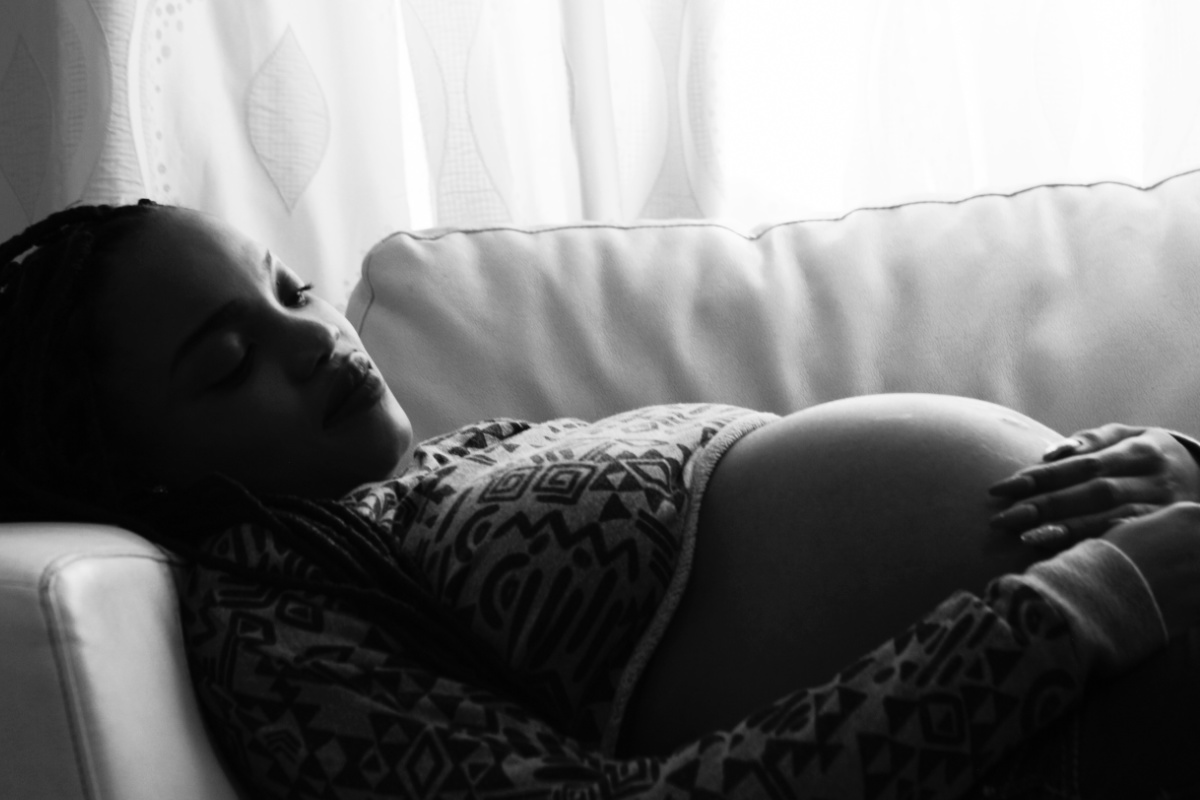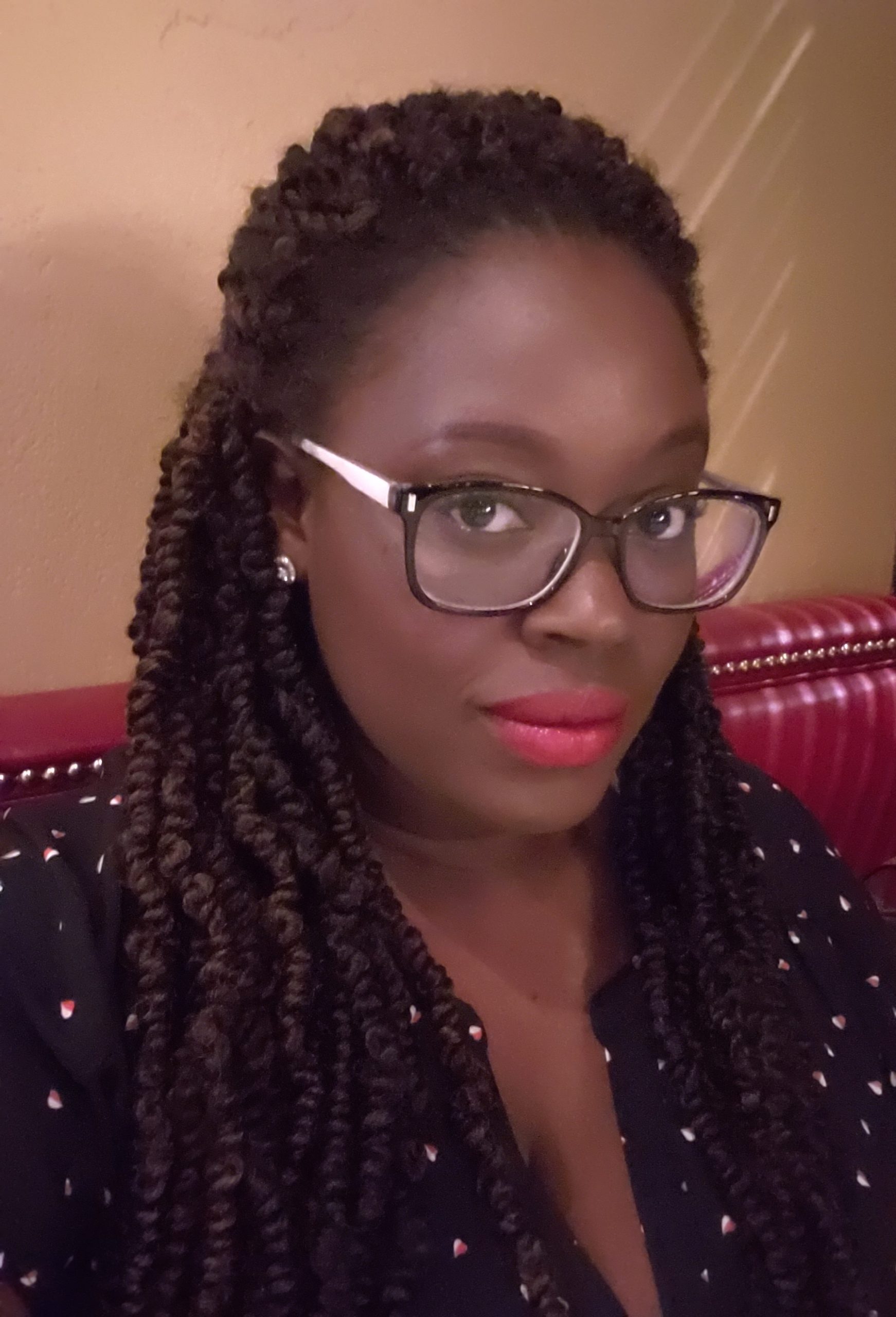Earlier this month, I collaborated with The Emancipator, an online newspaper in Boston, Mass., on a breastfeeding solutions circle for Black and Brown women during Black Maternal Health Week. While brainstorming, I was forced to confront my own thoughts about pregnancy and postpartum and what it must be like as a Black mother in America today. I put myself in the shoes of a young, Black mother navigating the choppy waters of poverty, diabetes, preeclampsia, lactation woes and pressures, disparaging health advocacy and care, postpartum depression, infant and maternal mortality.
“Not getting pregnant possibly saved my life,” I said out loud to myself.
This invasive and very loud thought brought me peace. But what kind of world is it where a healthy, young Black woman feels this strongly about becoming pregnant? Is it really to the point that pregnancy literally equals death?
My best friend since grade school, Dr. Kristen Myhand, is an OBGYN at Cook County Health in Chicago, so naturally this conversation isn’t new between us. I remember us having an emotional conversation about her pregnancy and birthing experience in October 2022—specifically about postpartum and menopause. This was our first real conversation since she had arrived home with her baby boy in September, so it was a full-on vent session for both of us.
| The focus of Black Maternal Health Week (this year it was April 11-17, 2023) is to raise awareness about maternal mortality and the disproportionate impact on Black women. A recent CDC report revealed an alarming spike in pregnancy related deaths in America. Dr. Kristen Crittle Myhand, an OBGYN at Cook County Health, joined CBS News Chicago to discuss this issue. Video courtesy CBS News Chicago / YouTube |
Kris taught me about how postpartum symptoms actually mimic menopause and confessed to me the ups and downs of her own birth story. Even a successful, healthy Black woman like herself, who has a supportive husband and family, witnessed the anxiety and fear of being a Black, pregnant woman in America’s health-care system. It’s my hope that she tells her own story soon.
What really touched me was our segue into menopause, which proved to be divine alignment because right before I talked to Kris, I had a conversation with my stepmom about this very topic. I told her that I would ask Kris if she could give her a call. I had just seen Erykah Badu’s Instagram post talking about experiencing menopause at 51. Queen Badu spoke about menopause so positively. She made it sound like a magical, challenging transition that would only lead to a new, fulfilled, evolved space of womanhood.
“I miss the thought of having lil babies in my belly and periods and womb stuff like that,” Badu wrote in the caption. “BUT I AM NOW ABLE TO SHARE MY WISDOM AND JOYFULLY GROW INTO THE GLITTER DRIPPING PHOENIX CREATED THRU THE FIRE,” she continued in all caps.
Then, a flush of conviction came over me: I want to create spaces for dialogues like this. I want to help curate the hard conversations I’ve had with my grandmother, my mother, my father, my boyfriend, my friends and my step-mom.
There’s so much stigma around female anatomy, sexuality and just womanhood in general—all talks of crazy, imbalance, shame, guilt. It all begets more ignorance, delusion and shame. And It’s not just “the man” involved now. After centuries of disparity in resources and research, many of us now perpetuate the same hate for women’s bodies and the transitions of our bodies all on our own. Not being able to have these types of conversations openly, honestly and proactively affects the men who love us, too. They’re left with even less tools.
These are the types of conversations I want to spark, starting across all 82 counties of my beloved Mississippi, with hopes of curating dialogue throughout the nation, maybe even globally. These are conversations we all should learn from. As a deputy editor, these are the types of perspectives I want Mississippians to write about, share and discuss. As a journalist, these are the stories I want to highlight—the ostracized, the silenced, the shame, the wounds, the holes that have been covered up.
This is why your support and donations mean so much to me. Without you, the convictions I have that lead to action and impactful journalism would just be a dream.
I’m good at ideas, I love people, and I’m a decent writer from what I hear; but doing this work with integrity and character, takes sharing the responsibility. It takes collective money, transparency and accountability. The mission, done right, takes you. I’m not ashamed to ask you to donate today if you can. We really are in this together.
Thank you to all of you that have stuck beside us, encouraged us, corrected us and allotted us room to grow.
This MFP Voices essay does not necessarily represent the views of the Mississippi Journalism and Education Group, the Mississippi Free Press, its staff or board members. To submit an opinion for the MFP Voices section, send up to 1,200 words and sources fact-checking the included information to azia@mississippifreepress.org. We welcome a wide variety of viewpoints.






